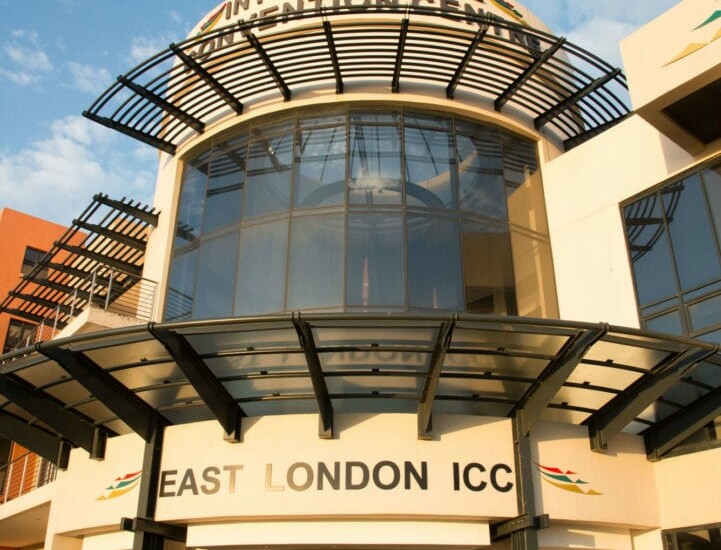In order to survive ongoing global economic challenges, convention centres need to demonstrate flexibility and value, writes Geoff Donaghy.
Convention centres worldwide are facing unprecedented pressures from a combination of growing competition from new facilities and destinations, and industry economics being impacted by ongoing global economic challenges. There have been many responses but three have emerged as strategies that enable centres to not only deal with current issues but prepare for future needs as well.
EVENT FORMATS
The first is finding ways to adapt to new kinds of event formats, either through creating more flexibility in how facility spaces can be used or developing new services that will support the changing expectations of planners. This is particularly important in that event formats can and do change easily and quickly compared with centres that are constrained by largely fixed building configurations and staff complements.
BUSINESS RELATIONSHIPS
The second area is the creation of new kinds of business relationships with clients. In many cases, the traditional centre- client interface is being replaced by negotiated agreements that create partnerships, explore risk-sharing and look at new ways in which facility costs can be managed in ways that address the uncertainties of areas like delegate numbers in ways that provide greater security for everyone involved.
ADDED VALUE
Third, many centres are looking for ways to demonstrate value and quality to both clients and owners, which almost 80% of the time are some level of government. In the case of owners, this can involve doing a better job of explaining the broad role centres play in economic stimulation – the number one concern of governments everywhere these days. But both owners and clients can also be reassured by international standards that enable a centre to demonstrate their operating credentials more visibly.
AIPC is working to provide tools to help in this regard, including the development of its Quality Standards and Economic Impact Measurement programs for centres. But in the end, it is the fact that centres are recognising and responding to these challenges that will determine their future success.







